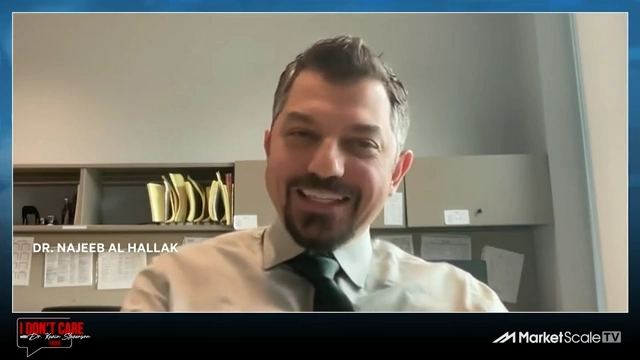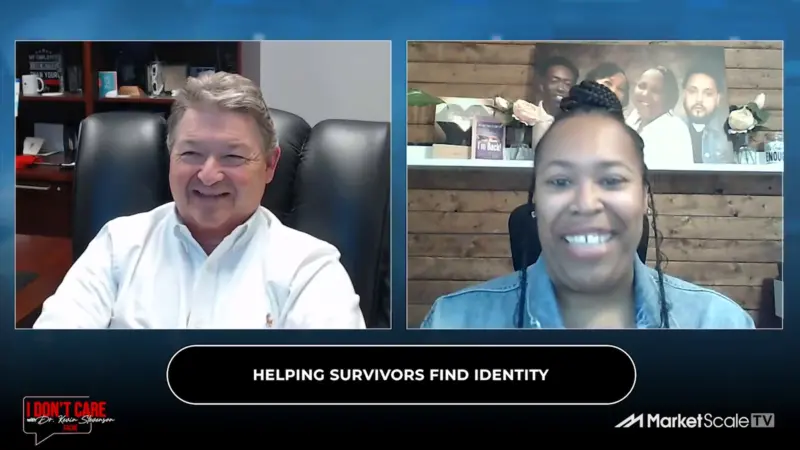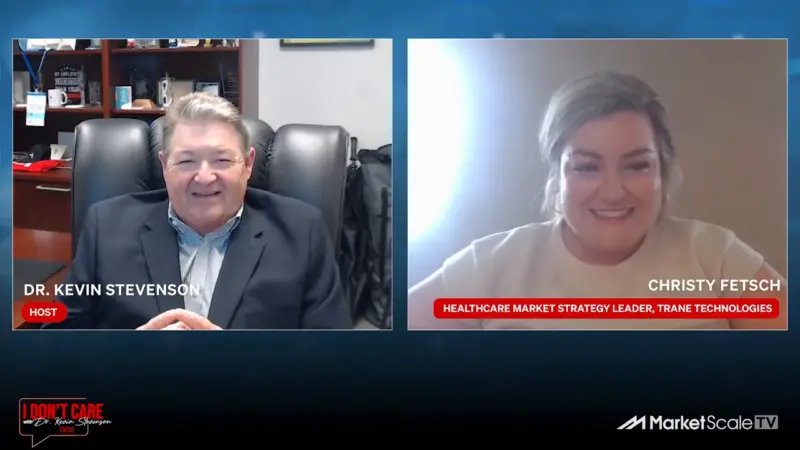Are Rising Wages Making a Difference in Healthcare Worker Shortages?
Some call it the effects of the pandemic; others call it the great resignation; no matter what label people pin on the U.S. workforce shortage situation, it’s real and healthcare is not immune to these shortages. The healthcare industry is one of the hardest hit, losing 20% of its workforce over the past two years, including 30% of nursing.
Kevin Stevenson, host of the healthcare insight podcast I don’t Care, and Director of Strategic Operations at Ascension Providence, said wages were rising in healthcare, but that wasn’t necessarily translating to workforce increase or coinciding with healthcare reimbursement increases.
“So many people have left the industry in the past two-and-a-half years, across the board from nurses to physicians, and a large number of administrators have retired early,” Stevenson said.
And some of the essential roles within a hospital, from environmental and nutrition services that do not offer high enough wages, find it difficult to compete with other jobs paying top dollar for similar labor.
“It’s tough to compete when people can go to Chick-fil-A for sometimes five or six dollars more an hour to do work that’s not nearly as physically demanding as many of the jobs we have here in hospitals.”
Even with higher pay offered to nurses and physicians, money alone will not ease the stress the pandemic and understaffing brought to the healthcare workforce. Healthcare organizations are looking for ways to alleviate that pressure, from automated solutions to reduce burdensome EHR documentation to states providing various loan forgiveness programs.
Stevenson said it was critical for healthcare organizations to work within their communities and local universities to drive programs that bring new workers into the healthcare system. With the U.S. projecting a physician shortage between 37,800 and 124,000 within the next twelve years, creating that pipeline is essential. Still, if the pay isn’t attractive enough, it will not incentivize the next generation of healthcare workers.
“That’s what we spend a lot of time on, here in my hospital, is making sure that we have the right people here, the appropriate number of people, and strive to pay them a wage that keeps them fulfilled, and keeps them coming back to work each and every day to care for our patients.”
Recent Posts

In recent years, a troubling trend has emerged: a noticeable rise in cancer diagnoses among young adults. This discussion is particularly timely following the news of Princess Kate Middleton’s cancer diagnosis and the growing recognition that cancer is no longer a disease confined to older populations. Research indicates that environmental and behavioral factors, alongside…

In this powerful episode of “I Don’t Care,” Dr. Kevin Stevenson sits down with Sophia Strother-Lewis to explore her incredible journey from a traumatic childhood to becoming a successful entrepreneur and advocate for survivors. This conversation is especially timely as awareness about human trafficking and sexual abuse continues to grow, highlighting the need for more…

As healthcare facilities continue to evolve, maintaining optimal environmental conditions becomes increasingly critical for patient safety and comfort. With healthcare-associated infections affecting 1 in 31 patients on any given day, ensuring proper air quality and temperature control is more important than ever. HVAC systems in healthcare settings play a crucial role in clinical operations,…





